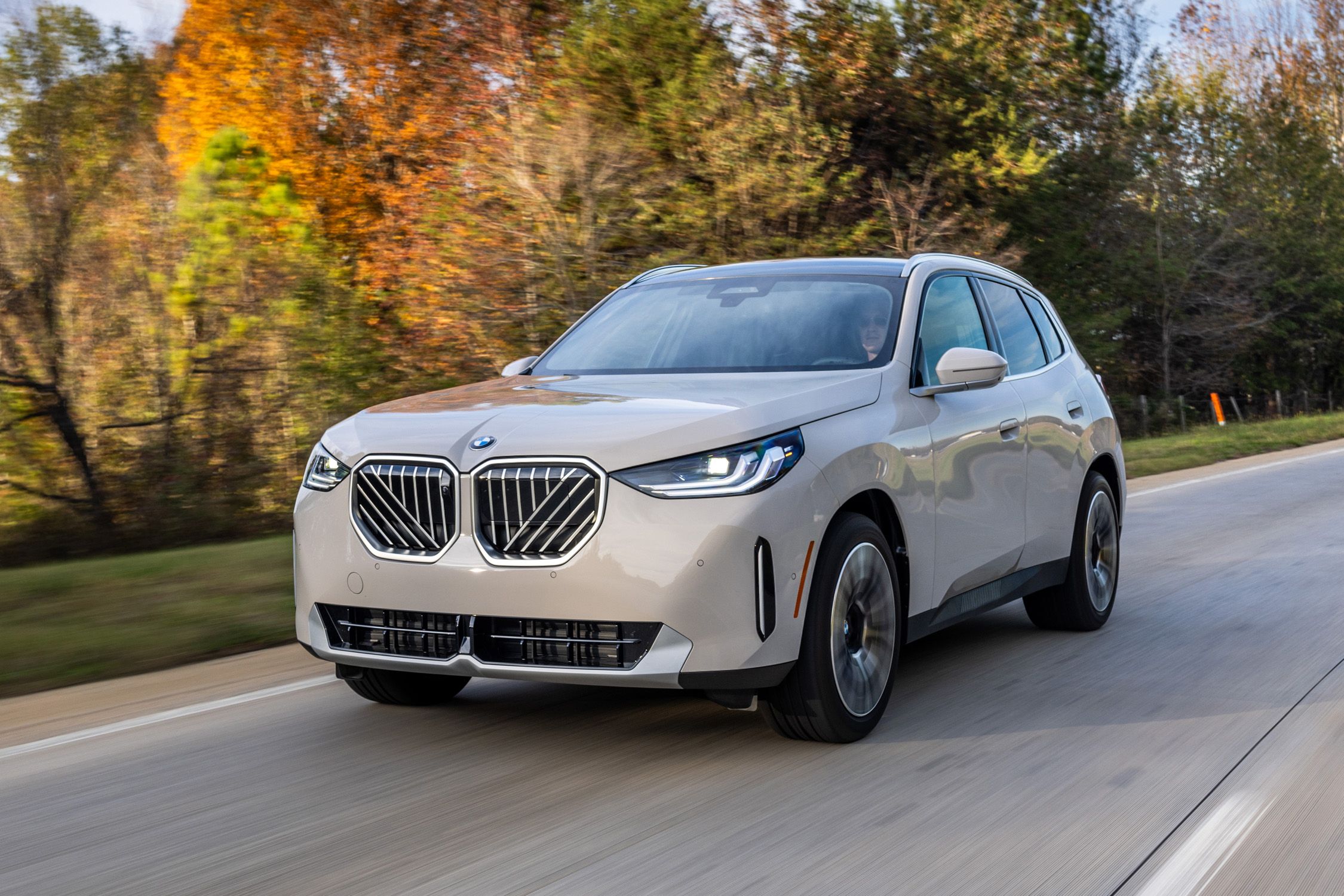Comparing Regional Rates: Upstate vs. NYC Car Insurance
Cost Differences: Upstate vs. NYC Car Insurance
Car insurance premiums in Upstate New York are dramatically lower than in New York City. Upstate drivers pay an average of $1,200–$1,800 annually for full coverage, while NYC drivers face $2,500–$4,000+ per year. Minimum liability coverage averages $700–$900/year Upstate compared to $1,200–$1,800 in NYC. Factors like urban density, accident rates, and crime contribute to NYC’s steeper costs.
Why NYC Rates Are Higher
- Traffic Congestion & Accidents: NYC has the highest accident frequency in the state. Manhattan alone sees over 100,000 crashes annually, increasing insurers’ risk.
- Vehicle Theft & Vandalism: NYC’s theft rate is 4x higher than Upstate, particularly in the Bronx and Brooklyn. Comprehensive coverage costs surge as a result.
- Pedestrian Traffic: Dense foot traffic raises collision risks, leading insurers to price policies higher.
- Cost of Repairs: Labor and parts are pricier in NYC, inflating claim payouts.
Upstate’s Lower Premiums: Key Factors
- Rural Landscapes: Counties like Tompkins or Oneida have fewer vehicles per mile, reducing accident risks.
- Lower Crime: Auto theft rates in cities like Buffalo or Rochester are 65% lower than NYC.
- Weather Claims: Upstate faces harsh winters, but ice/snow-related claims (e.g., skidding) cost less than NYC’s multi-vehicle pileups.
Coverage Needs Across Regions
- NYC Drivers: Prioritize higher liability limits (e.g., 100/300/100) and collision coverage. Uninsured motorist coverage is critical—12% of NYC drivers lack insurance, vs. 8% Upstate.
- Upstate Drivers: Focus on winter-specific coverage (e.g., towing, windshield repair). Deer collisions are common, making comprehensive coverage valuable.
New York State Requirements
All drivers must carry:
- $25,000 bodily injury per person
- $50,000 bodily injury per accident
- $10,000 property damage
- $50,000/$100,000 no-fault (PIP)
- Uninsured motorist bodily injury
NYC insurers often push customers to exceed minimums due to litigation risks.
Discount Opportunities
- Upstate: Leverage low-mileage discounts (common in rural areas), winter tire incentives, and bundled home-auto policies.
- NYC: Usage-based programs (e.g., Metromile) reward low driving miles. Anti-theft device discounts (e.g., GPS trackers) can cut premiums by 5–15%.
- Both Regions: Safe driver discounts, good student credits, and defensive driving courses (saving up to 10%).
Comparing Insurers Regionally
- NYC Providers: Geico and Allstate offer competitive urban rates but often include accident forgiveness add-ons.
- Upstate Providers: Regional insurers like Fiesta Auto Insurance or Farm Bureau Financial Services tailor policies for rural risks, undercutting national carriers by 10–20%.
Additional Costs & Fees
- NYC Surcharges: Parking tickets, toll violations, and garage storage fees indirectly raise premiums.
- Upstate Add-Ons: Roadside assistance packages (e.g., for remote breakdowns) cost $3–$8/month extra.
Long-Term Financial Impact
NYC drivers pay $50,000–$100,000+ more in lifetime insurance costs than Upstate counterparts. Moving from NYC to Albany can slash premiums by 30–50% immediately.
Data & Trends
- NYC rates rose 8% year-over-year (2022–2023) due to post-pandemic traffic surges.
- Upstate premiums grew 4%, driven by severe weather claims.
- EVs cost 18% more to insure in NYC but only 10% more Upstate due to repair complexity.
Policyholder Strategies
- NYC: Opt for higher deductibles ($1,000+) to reduce monthly costs.
- Upstate: Bundle auto with homeowners’ insurance for 15–25% savings.
- Both: Compare quotes biannually—insurers rebalance rates by zip code frequently.
